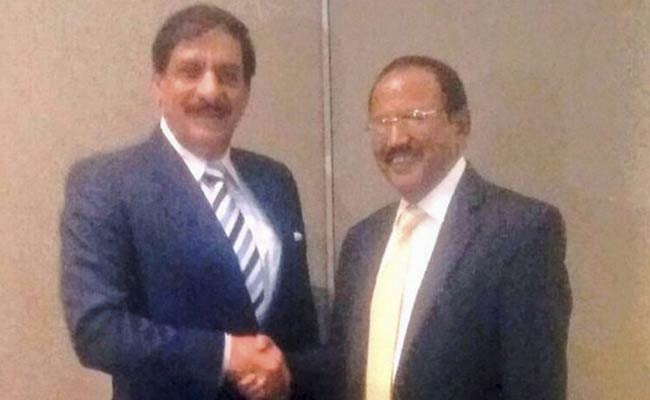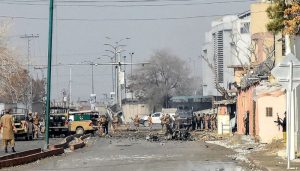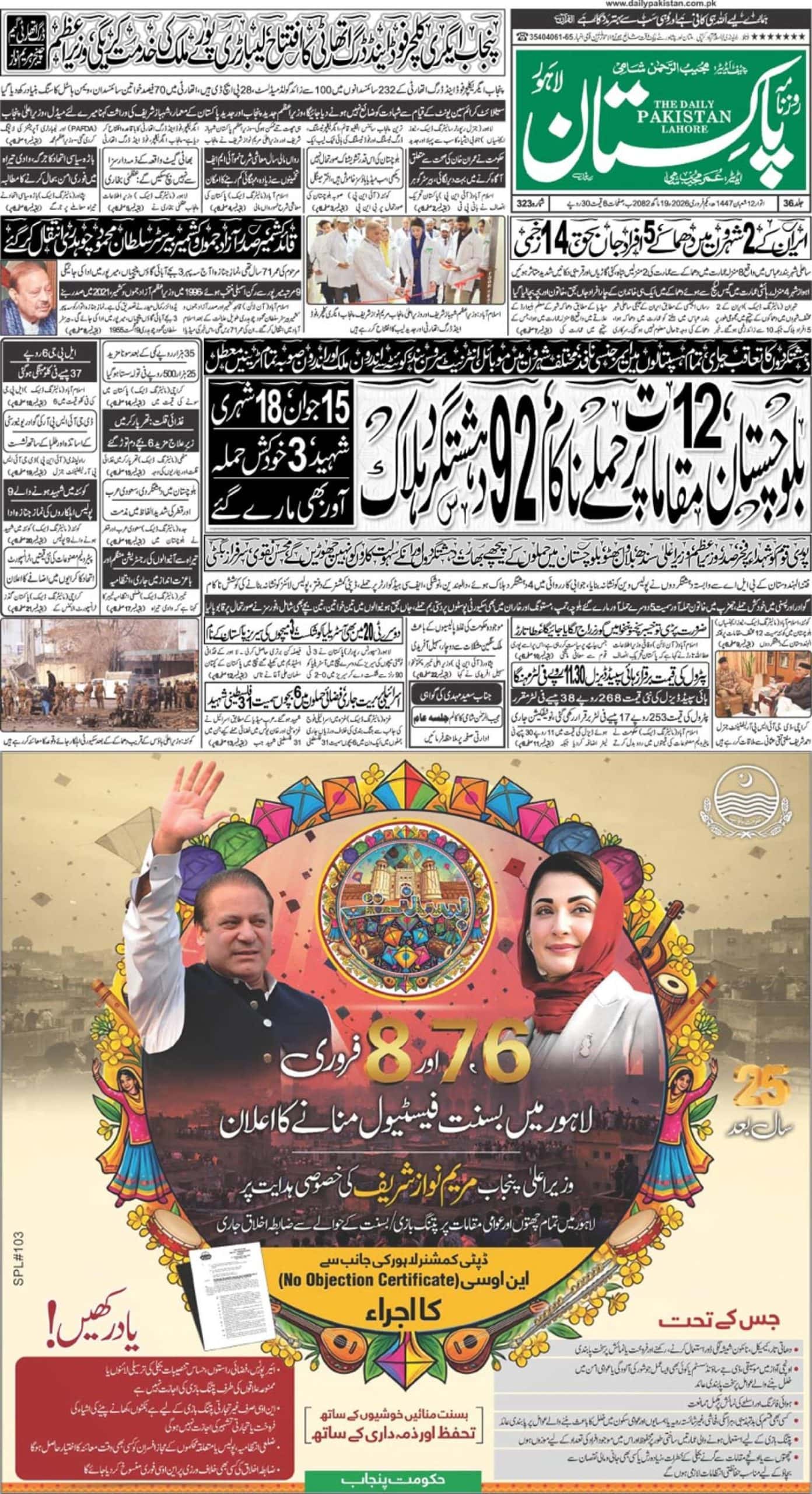ISLAMABAD – Amid soaring tensions between the two neighboring countries, the National Security Advisers of Pakistan and India have established the first contact to normalize the situation following the Uri attack which killed 18 Indian soldiers in Occupied Kashmir.
On Thursday, Indian Director General Military Operations (DGMO) Lt-General Ranbir Singh claimed that special services forces had conducted a surgical strike across the Line of Control (LoC) in Azad Kashmir, killing over three dozen militants who were ready infiltrate into Indian-held side of Kashmir.
Pakistan Army spokesman, however, rebutted the claim, saying that it was mere ceasefire violation by Indian forces which was befittingly responded by Pakistani troops. Two Pakistani soldiers embraced martyrdom, the DG ISPR confirmed, further claiming that there were several casualties on the Indian side as well.
Prime Minister Nawaz Sharif’s special adviser on foreign affairs Sartaj Aziz on Monday confirmed the contact established between Pakistani National Security Adviser Lt-General (retd.) Nasser Khan Janjua and his Indian counterpart Ajit Doval.
According to Sartaj Aziz, the NSAs agreed to reduce the tensions along the LoC during the conversation. He, however, refused to share more details.
He went on to say that Pakistan wanted to reduce tensions on the LoC and put more focus on Indian atrocities in the Occupied Kashmir, while India was trying to divert world’s attention by escalating tensions on the border.
Earlier on Thursday, the United States urged Pakistan and India to avoid the steps that could escalate the tension between the two nuclear-armed countries, and instead increase their bilateral communication.
Responding to a question about the Indian claim of conducting a “surgical strike” inside Pakistan, US State Department Spokesman John Kirby stated that they have seen reports and following the situation closely.
“We also understand that the Indian and Pakistani militaries have been in communication. We believe that continued communication is obviously important to reduce tensions,” he added.
“Our message to both sides has been the same, in terms of encouraging them to increase communication to deal with this threat and to avoid steps that escalate the tensions,” the spokesman said.
Pakistan and India maintain a history of bitter bilateral relations since 1947, when the two countries gained independence from British. Both countries have fought three full-scale wars on the Kashmir dispute, which remains unresolved during the last seven decades.













